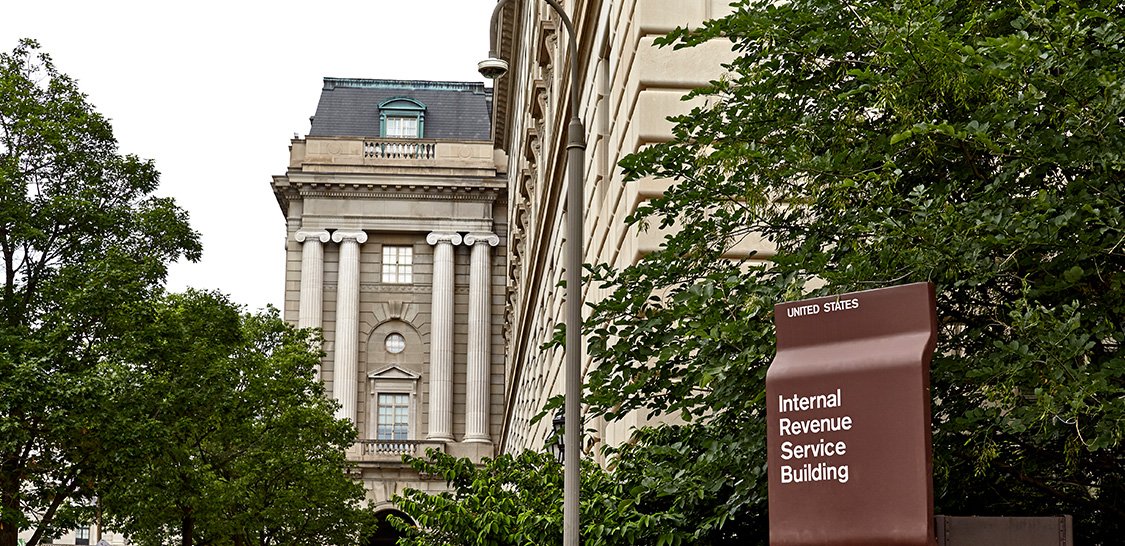Under the Affordable Care Act, employers that sponsor applicable self-insured health and welfare plans are required to pay an excise tax known as the PCORI fee by July 31 each year using Form 720. The IRS does not grant companies extensions, so it is critical for companies with applicable plans to file their PCORI fee in a timely manner.
Sharing a name with the Patient-Centered Outcomes Research Institute it helps to fund, the PCORI fee was first applied to plan years ending on or after October 1, 2012, and will be applied annually through plan years ending October 1, 2019.
Who pays the PCORI fee?
In addition to those with applicable self-insured plans, employers whose plans offer health reimbursement arrangement (HRA) and certain flexible spending account (FSA) options are also charged the PCORI fee.
How much is the PCORI fee?
The PCORI fee equals the average number of lives covered by the plan during 2016 multiplied by the current fee rate. For 2016 plans, the fee rate is either $2.17 or $2.26 per average covered life, depending on when the plan year ends, as outlined below:
- $2.17 for plan years that ended on a date between January 1 and September 30, 2016
- $2.26 for plan years that ended on a date between October 1 and December 31, 2016
Companies can calculate the average number of lives in one of three ways permitted by the IRS: the actual count method, the snapshot method or the Form 5500 method.
The RKL team is here to help companies assess PCORI eligibility, determine the best method to calculate liability and submit timely payment to the IRS. Contact one of our local offices to get started.




